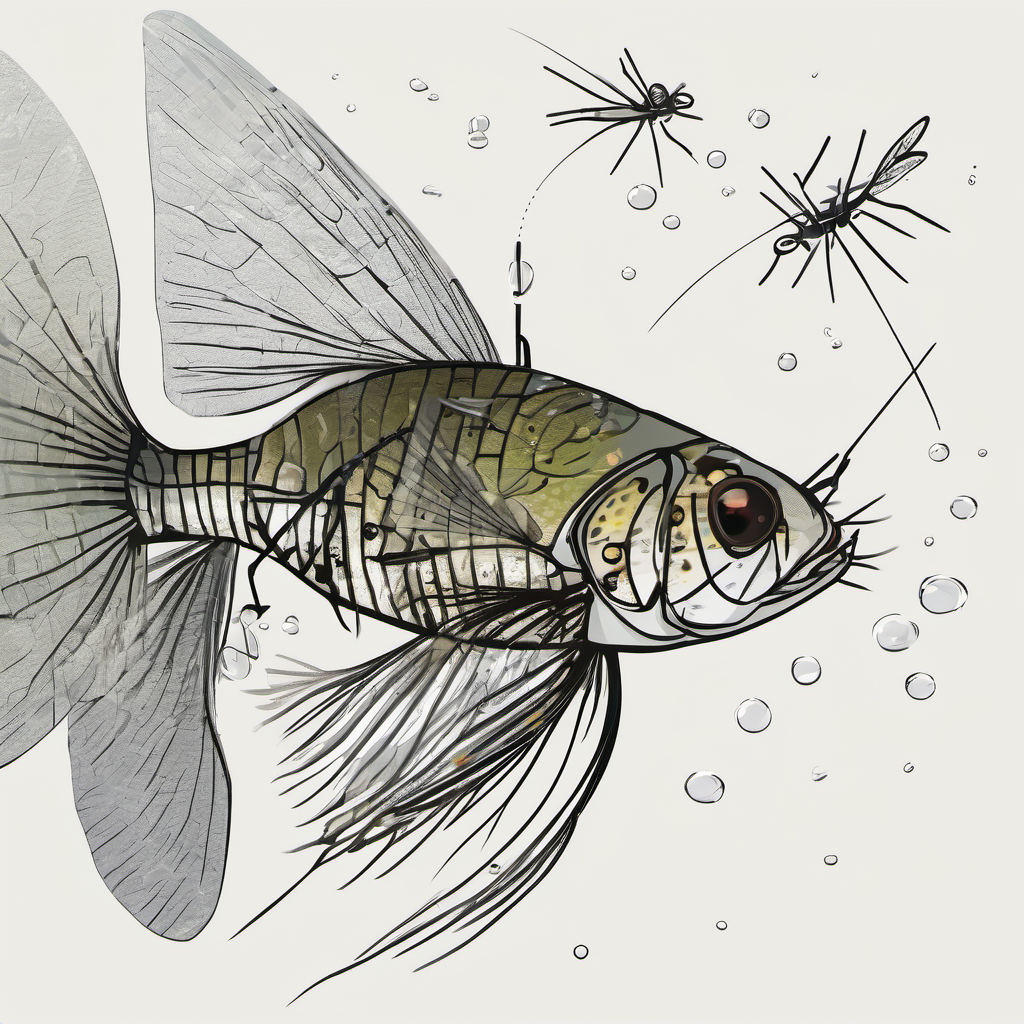In the ongoing battle against mosquito-borne diseases in India, an unexpected player has entered the scene – the humble mosquitofish (Gambusia affinis). Initially introduced with good intentions to control mosquito populations, these small freshwater fish have become an invasive species, raising concerns among environmentalists and ecologists.
The Mosquitofish Initiative
In the late 20th century, various regions in India embraced the idea of using mosquitofish as a biological control measure against disease-carrying mosquitoes. The rationale was simple – introduce a natural predator to devour mosquito larvae and curb the spread of diseases like malaria and dengue.
The Invasion Begins
While the introduction of mosquitofish initially showed promising results in mosquito control, it soon became apparent that the unintended consequences were far-reaching. The fish’s adaptability and prolific breeding turned them into a formidable invasive species, spreading rapidly in freshwater ecosystems across the country.

Ecological Impact
As the mosquitofish established populations in local water bodies, they began to outcompete native species for resources. Their voracious appetite for mosquito larvae led to a decline in aquatic insect populations, disrupting the natural balance of ecosystems. Moreover, mosquitofish are known to consume the eggs and fry of other fish species, further exacerbating their impact on local biodiversity.
Water Quality Concerns
The unchecked proliferation of mosquitofish also raises concerns about water quality. Their presence in large numbers can lead to an increase in nutrient cycling and alter the composition of aquatic vegetation, affecting the overall health of water bodies.
Community Response
Recognizing the unintended consequences of the mosquitofish initiative, communities and environmental organizations are grappling with ways to mitigate the ecological impact. Some regions have initiated programs to remove mosquitofish from certain water bodies, while others are exploring alternative methods for mosquito control that have minimal ecological repercussions.
Finding a Balance
The challenge lies in finding a balance between effective mosquito control and preserving the delicate ecosystems that mosquitofish have disrupted. Researchers and conservationists are exploring sustainable solutions that prioritize the health of aquatic ecosystems while addressing the ongoing mosquito-borne disease threat.
Conclusion
The mosquitofish, initially introduced with good intentions, has become a stark example of the unintended consequences that can arise from ecological interventions. As India navigates the complexities of balancing public health and environmental preservation, the mosquitofish invasion serves as a poignant reminder of the need for thoughtful, well-researched approaches in addressing complex ecological challenges.


Leave a Reply